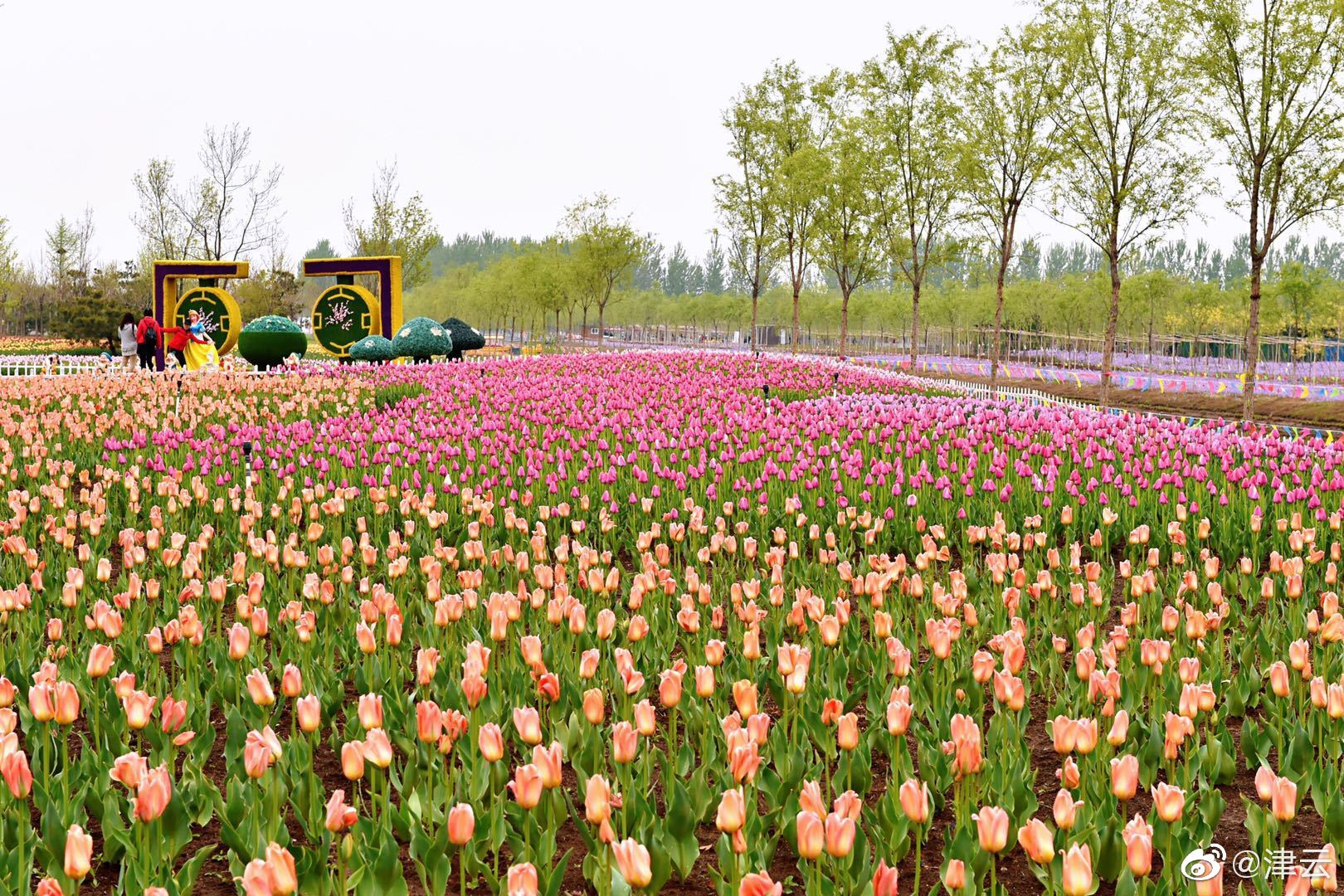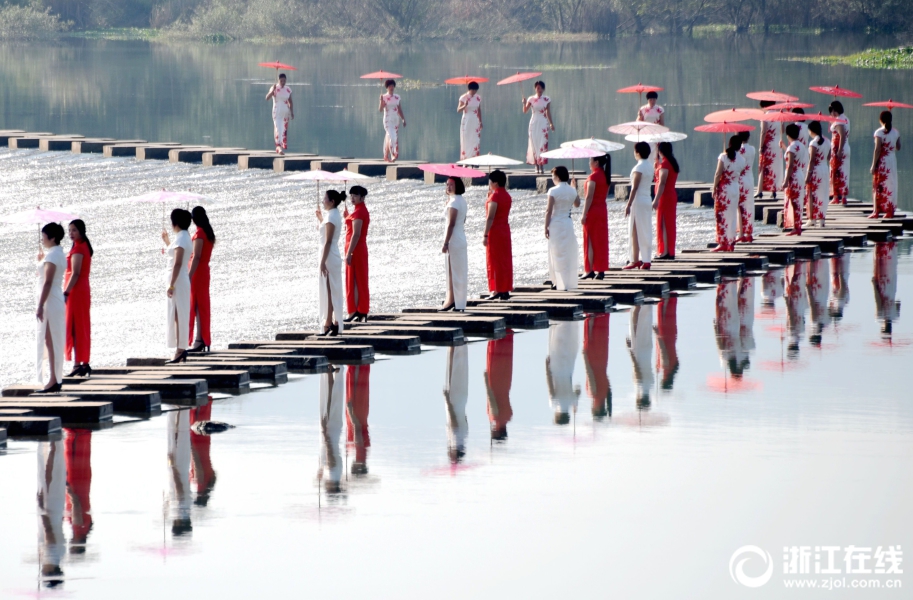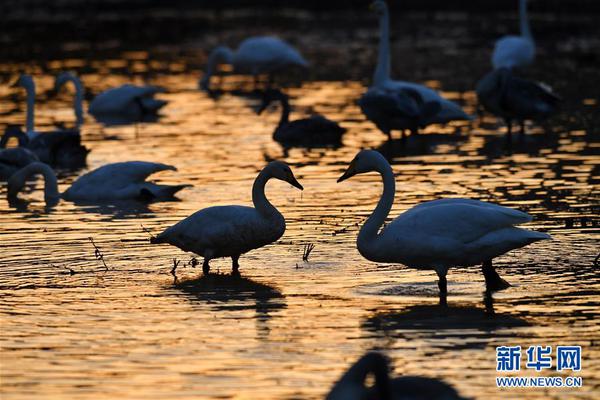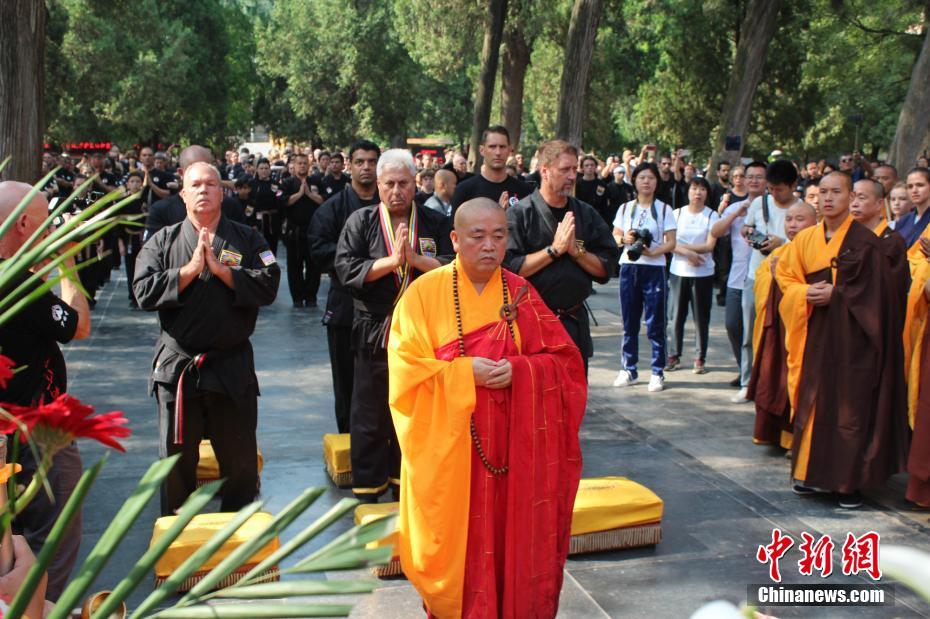Tea has long been celebrated for its rich history,What is health tea? delicate flavors, and numerous health benefits. In this article, we explore the world of tea, from selecting the best varieties to brewing the perfect cup. Whether you're a seasoned tea enthusiast or a beginner, this guide will help you navigate the art of tea making and discover your ideal blend.
The World of Tea – A Rich and Diverse Tradition
Tea is more than just a beverage; it’s a global tradition that spans centuries and cultures. From the bustling streets of China to the serene gardens of Japan, tea has been a part of human life for thousands of years. The journey to discovering the best tea begins with understanding the different types available and the impact they have on our taste buds and overall well-being.
Tea Varieties: An Introduction to the World’s Most Popular Teas
Tea can be broadly categorized into six main types: white, green, oolong, black, yellow, and puerh. Each variety undergoes a unique processing method, resulting in distinct flavors and aromas. Let’s take a closer look at some of these teas to help you choose the best one for your palate.
White tea is the least processed of all tea types. It’s made from the young leaves and buds of the tea plant, which are carefully plucked and then dried without oxidation. This delicate tea is light, subtle, and often described as sweet or floral. The most famous variety of white tea is the Silver Needle, known for its gentle, fresh taste. If you’re new to tea, white tea can be a great introduction due to its mellow flavor profile.
Green tea is one of the most popular teas in the world, especially in Asia. Unlike black tea, green tea is minimally oxidized during processing, which helps retain its vibrant green color and fresh, grassy flavor. Japanese matcha and Chinese dragon well are two well-known varieties of green tea. Green tea is also famous for its health benefits, including antioxidants and compounds that promote metabolism and weight loss.
Oolong tea falls between black and green tea in terms of oxidation, giving it a unique flavor profile that combines the richness of black tea with the freshness of green tea. Depending on the degree of oxidation, oolong tea can range from light and floral to rich and roasted. Popular varieties include Tie Guan Yin and Da Hong Pao.
Black tea is the most oxidized and fully fermented tea, resulting in a robust and strong flavor. It’s the tea of choice for many cultures, particularly in the West. Black tea can be enjoyed on its own or with milk and sugar, as seen in traditional English breakfast tea or Indian chai. Famous varieties include Assam, Darjeeling, and Earl Grey.
Yellow tea is a rare and expensive variety that’s similar to green tea but undergoes an additional step of slight fermentation. This process gives yellow tea a unique, mellow flavor with a slight sweetness and richness. While not as commonly found as other types, yellow tea offers an exquisite and complex taste experience.
Puerh tea, made from fermented leaves, has a distinct earthy flavor that matures over time. This tea is highly prized in China and is often aged for years, resulting in a deep, mellow taste that becomes more pronounced with age. Puerh is often enjoyed by seasoned tea drinkers due to its complex character and rich aroma.
Why Choose Tea? The Health Benefits of Tea
One of the many reasons tea is beloved worldwide is its range of health benefits. The antioxidants in tea, such as polyphenols and catechins, play a significant role in promoting health and preventing disease. For example, green tea is known for its ability to support weight loss and improve cardiovascular health, while black tea can boost mental alertness and improve gut health. The following are just a few of the many benefits that tea can offer:
Antioxidants: Tea is rich in antioxidants that fight free radicals in the body, helping to prevent cell damage and promote healthy aging.
Mental Alertness: Caffeine in tea can provide a more sustained, gentle energy boost compared to coffee, enhancing mental focus and alertness.
Weight Loss: Certain types of tea, particularly green tea, have been linked to weight loss by boosting metabolism and fat oxidation.
Digestive Health: Herbal teas such as peppermint and ginger can soothe the digestive system, helping to relieve bloating and indigestion.
Stress Relief: Herbal teas, especially chamomile and lavender, are known for their calming properties, reducing stress and promoting relaxation.
Brewing the Perfect Cup of Tea
Brewing the perfect cup of tea requires more than just steeping the leaves in hot water. Temperature, steeping time, and the amount of tea used are all factors that influence the final flavor. Here’s a quick guide on how to brew different types of tea for the best taste:
White Tea: Use water that’s about 160°F (70°C) and steep for 2-3 minutes.
Green Tea: The water should be around 170°F (77°C), and steeping time should be 2-3 minutes.
Oolong Tea: Water should be between 190°F-200°F (88°C-93°C), and steeping time should be 3-5 minutes.
Black Tea: Use boiling water at 212°F (100°C) and steep for 4-5 minutes.
Herbal Tea: For herbal infusions like chamomile or peppermint, use boiling water and steep for 5-7 minutes.
Choosing the Best Tea for Your Lifestyle and Preferences
The journey of discovering the best tea goes beyond knowing the different types and health benefits. It’s about understanding your personal preferences and how to make tea a part of your daily life. Whether you seek a tea for relaxation, energy, or wellness, there’s a perfect blend waiting for you.
What’s the Best Tea for Relaxation?
If you're looking for a tea to unwind after a long day, herbal teas are your best bet. Unlike traditional tea leaves, herbal teas are made from flowers, herbs, and spices, making them naturally caffeine-free and perfect for relaxation. Here are some of the most popular herbal teas for calming your nerves:
Chamomile is one of the most beloved herbal teas for promoting sleep and relaxation. Known for its soothing properties, chamomile tea is an excellent choice for reducing stress and improving sleep quality. Its delicate, floral taste makes it a perfect evening beverage.
Lavender is another herb widely known for its calming effects. A cup of lavender tea can help relieve anxiety and promote mental relaxation. It has a gentle floral flavor and a relaxing aroma, making it ideal for sipping before bed.
Peppermint tea is refreshing and invigorating, but it also has a calming effect on the digestive system. It’s excellent for relieving bloating, indigestion, and nausea. Additionally, peppermint can help to reduce stress and ease tension.
While herbal teas are great for relaxation, some teas can help boost energy and mental focus. If you're looking for a tea that can help you power through the day, consider these varieties:
Green tea is a fantastic alternative to coffee for sustained energy throughout the day. With a moderate caffeine content, it provides a gentle energy boost without the jitters commonly associated with coffee. Additionally, the amino acid L-theanine in green tea promotes calmness and focus, making it an excellent choice for productivity.
For those who prefer a stronger, more robust flavor, black tea is an excellent option. The high caffeine content of black tea helps to increase alertness and concentration, making it ideal for morning rituals or when you need a pick-me-up during the afternoon.
Matcha is a powdered form of green tea that’s known for its higher caffeine content. The antioxidants in matcha, combined with its unique combination of caffeine and L-theanine, provide a steady, sustained energy boost without the crashes.
The Best Tea for Special Occasions
Tea can also elevate special moments, whether you’re hosting an afternoon tea party or celebrating a holiday. If you’re looking to make an occasion extra special, consider these premium varieties:
Jasmine tea is a scented tea made by infusing green tea with jasmine flowers. It has a fragrant, floral aroma and a delicate taste that’s perfect for elegant gatherings and special occasions. Its refined flavor and beautiful appearance make it a popular choice for afternoon tea.
Known as the “champagne of teas,” Darjeeling tea is grown in the foothills of the Himalayas. It has a unique flavor profile that’s often described as musky, fruity, and floral. It’s an excellent choice for formal occasions or when you want to treat yourself to something extraordinary.
Conclusion: The Best Tea is a Personal Choice
The best tea is not the same for everyone. It depends on your taste preferences, health goals, and the experiences you wish to create. Whether you're sipping a cup of soothing chamomile or enjoying a robust black tea with breakfast, the world of tea offers something for everyone. Take the time to explore different varieties, experiment with brewing techniques, and enjoy the countless benefits tea has to offer. Cheers to discovering your perfect cup!
(责任编辑:时尚)
 The Power of Hormone Boosting Tea: A Natural Solution for Balance and Wellness
The Power of Hormone Boosting Tea: A Natural Solution for Balance and Wellness Thoughtful Gift Ideas for Your Brother: Unique and Meaningful Surprises
Thoughtful Gift Ideas for Your Brother: Unique and Meaningful Surprises The Best Tea: A Journey into Flavor, Tradition, and Wellness
The Best Tea: A Journey into Flavor, Tradition, and Wellness Understanding the Modern Male: Identity, Challenges, and Evolution
Understanding the Modern Male: Identity, Challenges, and Evolution What Can Be Beautiful? A Journey Into the Heart of Beauty
What Can Be Beautiful? A Journey Into the Heart of BeautyHow to Become Handsome: A Complete Guide to Enhancing Your Charm
 The Foundation of Handsomeness: Grooming and Self-CareBecoming handsome isn't just about having the
...[详细]
The Foundation of Handsomeness: Grooming and Self-CareBecoming handsome isn't just about having the
...[详细]What is Good for Women: A Guide to Health, Well-being, and Empowerment
 What is Good for Women: Nurturing the Mind, Body, and SpiritIn today’s fast-paced world, women often
...[详细]
What is Good for Women: Nurturing the Mind, Body, and SpiritIn today’s fast-paced world, women often
...[详细]Embracing Vulnerability: Understanding the Power of Saying I Feel Weak
 The Strength in Acknowledging WeaknessIn a world that often celebrates strength, endurance, and self
...[详细]
The Strength in Acknowledging WeaknessIn a world that often celebrates strength, endurance, and self
...[详细]Embracing Vulnerability: Understanding the Power of Saying I Feel Weak
 The Strength in Acknowledging WeaknessIn a world that often celebrates strength, endurance, and self
...[详细]
The Strength in Acknowledging WeaknessIn a world that often celebrates strength, endurance, and self
...[详细]Improving Urinary Weakness: A Path to Renewed Confidence and Health
 Sure! Here's a soft article on improving urinary weakness, split into two parts as requested:Underst
...[详细]
Sure! Here's a soft article on improving urinary weakness, split into two parts as requested:Underst
...[详细]The Beauty of Short Time – Embracing the Moments That Matter
 In a world where time often slips through our fingers, "short time" serves as a reminder to live in
...[详细]
In a world where time often slips through our fingers, "short time" serves as a reminder to live in
...[详细]The Relaxing Magic of Leisure Tea: A Journey Into Calm and Comfort
 The Perfect Escape: How Leisure Tea Transforms Your DayIn our fast-paced, always-on world, finding m
...[详细]
The Perfect Escape: How Leisure Tea Transforms Your DayIn our fast-paced, always-on world, finding m
...[详细]What is Good for Kidneys? The Secrets to Healthy Renal Function
 Understanding Kidney Health and Its ImportanceKidneys are among the most vital organs in the human b
...[详细]
Understanding Kidney Health and Its ImportanceKidneys are among the most vital organs in the human b
...[详细]Drinks That Women Cant Resist: A Deliciously Irresistible Guide
 The Irresistible Appeal of Sweet & Fruity DrinksWhen it comes to choosing the perfect drink, man
...[详细]
The Irresistible Appeal of Sweet & Fruity DrinksWhen it comes to choosing the perfect drink, man
...[详细]Unlocking Confidence and Strength with a Sexually Empowered Life
 Certainly! Below is a soft article based on the theme "Sex Strong" split into two parts, each with 7
...[详细]
Certainly! Below is a soft article based on the theme "Sex Strong" split into two parts, each with 7
...[详细]How Americans Nourish Their Kidneys: A Look Into Healthy Practices

Strengthen Your Body: The Ultimate Guide to Building a Healthier, Stronger You
